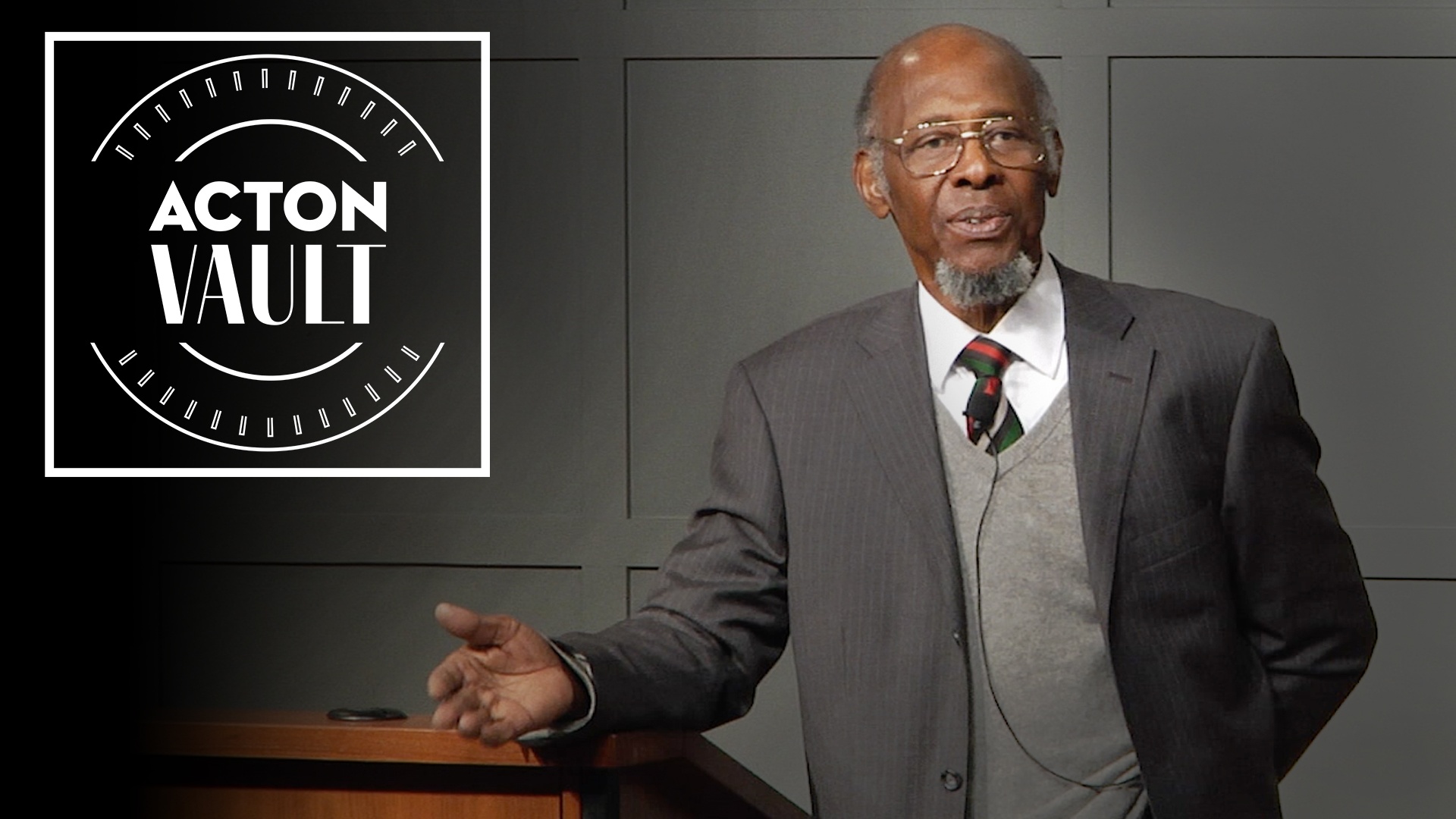
Overview
In 1783 George Washington said that “we have a national character to establish.” 110 Years later Frederick Jackson Turner published “The Significance of the Frontier in American History” and wrote these words: “to the frontier the American intellect owes its striking characteristics… coarseness and strength combined with acuteness and inquisitiveness; that practical, inventive turn of mind…, that dominant individualism, working for good and for evil, and withal that buoyancy and exuberance which comes with freedom…” Turner identified the closing of the frontier as a watershed for national character. In the 110 years since, we have observed that Washington’s project could not be contained in limned geographic descriptions. Have we, then, a national character? And if we do, is it a friend to liberty?
Professor William B. Allen is a professor of political philosophy at Michigan State University, and at the time of this recording was the Senior Visiting Fellow at the Matthew J. Ryan Center for the Study of Free Institutions and the Public Good at Villanova University. His areas of expertise include the American founding and U.S. Constitution; the American founders (particularly George Washington); the influence of various political philosophers (especially Montesquieu) on the American founding; liberal arts education, its history, importance and problems; and the intersection of race and politics.










